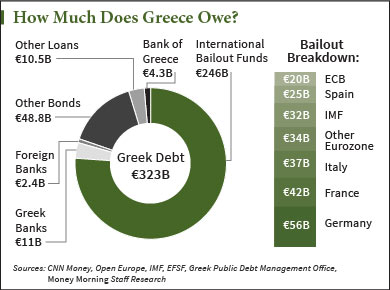European
support for Sussiya must be backed with action, the community spokesman
Nasser Muhammed Nawajah wrote in a letter he sent to EU foreign policy
chief Federica Mogherini.
“Until today European support of the Israeli economy is expressed in the preferential conditions that Israel receives under its Trade and Association Agreements with Europe. The association agreement stipulates that ‘relations between the parties, as well as all the provisions of the agreement itself shall be based on respect for human rights and democratic principles’ and that this ‘constitutes an essential element of this agreement,’” he wrote
“In our opinion Sussiya is one example of how Israel continues to violate these principles and therefore we urge you to suspend Europe’s trade agreement with Israel as well as end trade with companies operating in settlements on occupied territories until Israel fulfills its obligation under international law,” he wrote.
A copy of the letter was posted on the twitter site of the NGO, the Palestinian Popular Struggle Coordination committee.
The US on Thursday warned Israel against the pending demolition of structures both in Sussiya and nearby Wadi Jahish.
“Demolition of this Palestinian village or of parts of it, and evictions of Palestinians from their homes would be harmful and provocative,” State Department spokesman John Kirby told reporters in Washington on Thursday, as he focused his public comments on Sussiya.
Read more: Palestinians to EU: Suspend trade agreements with Israel to protest demolition of homes - Arab-Israeli Conflict - Jerusalem Post
“Until today European support of the Israeli economy is expressed in the preferential conditions that Israel receives under its Trade and Association Agreements with Europe. The association agreement stipulates that ‘relations between the parties, as well as all the provisions of the agreement itself shall be based on respect for human rights and democratic principles’ and that this ‘constitutes an essential element of this agreement,’” he wrote
“In our opinion Sussiya is one example of how Israel continues to violate these principles and therefore we urge you to suspend Europe’s trade agreement with Israel as well as end trade with companies operating in settlements on occupied territories until Israel fulfills its obligation under international law,” he wrote.
A copy of the letter was posted on the twitter site of the NGO, the Palestinian Popular Struggle Coordination committee.
The US on Thursday warned Israel against the pending demolition of structures both in Sussiya and nearby Wadi Jahish.
“Demolition of this Palestinian village or of parts of it, and evictions of Palestinians from their homes would be harmful and provocative,” State Department spokesman John Kirby told reporters in Washington on Thursday, as he focused his public comments on Sussiya.
Read more: Palestinians to EU: Suspend trade agreements with Israel to protest demolition of homes - Arab-Israeli Conflict - Jerusalem Post








